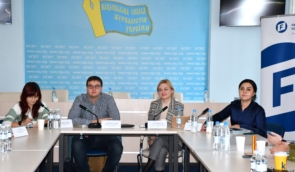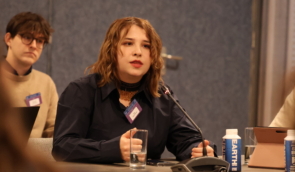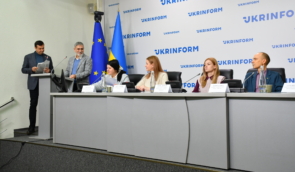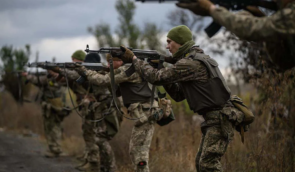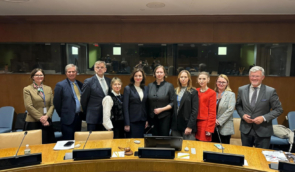The Trump administration has expanded sanctions on Russia. Here’s what it should target next.
Even the slightest hint of opposition to Russia’s rule is crushed. A farmer named Vladimir Balukh who flew a Ukrainian flag over his house is being tried on trumped-up weapons charges and could receive four years in prison. But the worst persecution is reserved for members of Crimea’s Tatar ethnic minority. Its principle organization, the Mejlis, has been banned as a terrorist group and its leaders exiled, jailed or, in one case, forcibly confined to a psychiatric institution. Crimeans are prohibited even from mentioning the Mejlis on social media.
In May 2016, a rising new Tatar leader, Ervin Ibragimov, disappeared; he was last seen being bundled into a car by Russian secret police. Nineteen other men, including human rights activist Emir-Usein Kuku, are being prosecuted on charges of membership in the banned terrorist group Hizb ut-Tahrir — charges Amnesty International said were, in at least the case of Mr. Kuku, groundless.
Ms. Pechonchyk and Olga Skrypnyk, the exiled board chairman of the Crimean Human Rights Group, arrived in Washington this week with lists of dozens of Russian and Crimean officials implicated in these abuses. One cites more than 70 judges who have ordered unlawful detentions, while another identifies those complicit in repression of the media. The activists would like to see these officials added to those subject to sanctions by the United States and the European Union, including through the use of the Magnitsky Act, which provides for action against officials involved in persecuting human rights activists.
The point of sanctions is not only to punish. Pressure needs to be raised on Moscow until it agrees to international negotiations on its Crimea occupation, like those it has with Ukraine, France and Britain on its military incursion in eastern Ukraine. “Russia is not listening to resolutions,” said Ms. Pechonchyk. “The only language Russia understands is sanctions.”
Source: The Washington Post
If you have found a spelling error, please, notify us by selecting that text and pressing Ctrl+Enter.


